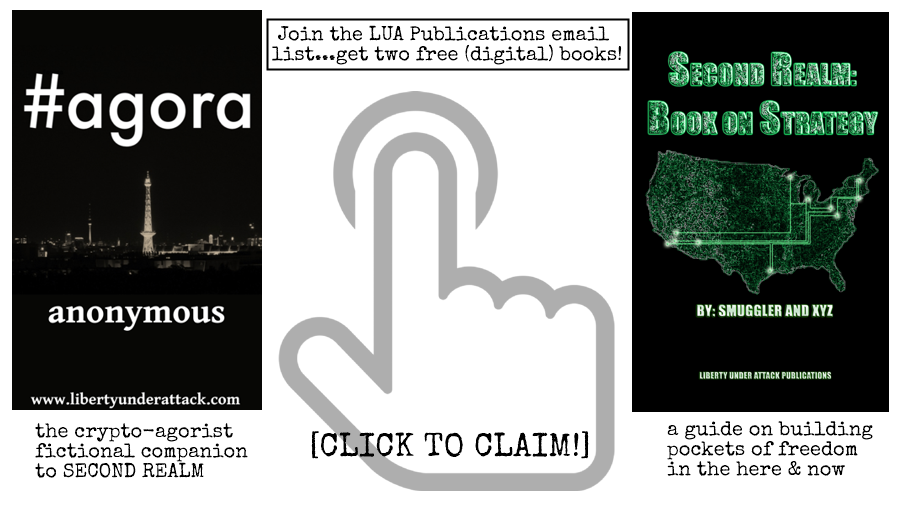Rothbard on Economic Ignorance
By: Matt McCaffrey
October 13, 2015
Originally published at the Mises Institute
 I’ve noticed that the following Rothbard quote tends to circulate periodically amongst free-market groups:
I’ve noticed that the following Rothbard quote tends to circulate periodically amongst free-market groups:
“It is no crime to be ignorant of economics, which is, after all, a specialized discipline and one that most people consider to be a ‘dismal science.’ But it is totally irresponsible to have a loud and vociferous opinion on economic subjects while remaining in this state of ignorance.”
I think the reason these lines prove so popular is because they neatly summarize a problem that’s unique to economics. That is, economics is the most-discussed, but least-studied field of human inquiry. In fact, people often build their opinions about economic ideas and policies on a knowledge base so small it would seem bizarre in any other discipline.
For instance, if we were to select people at random on the street and ask them to debate recent advances in particle physics, the conversation would likely be limited, if indeed the subjects knew what to discuss at all. Yet we could bet with equal certainty that almost any such randomly selected person would have strong views on socialized medicine, the minimum wage, or gun control.
Other things equal, when friends meet for a drink, or families sit down to dinner, it’s unlikely they’ll discuss physics, chemistry, geology, or phenomenology. The reason is simple: many people know little about these subjects, and have little interest in exploring them. Most importantly though, we’re all generally happy to admit it if we lack such specialized knowledge, as it doesn’t usually play a vital role in our lives (again, assuming we’re not specialists).
But economics is different. Almost everyone discusses and debates economic problems, or public policies that carry profound economic implications. Because it’s grounded in human action and choice, economics is universally relatable, and therefore each individual tends to feel as if he has some relevant personal experience and knowledge through which to interpret economic events.
Unfortunately, this intuition is very often mistaken; hence, Rothbard’s irritation.
However, while I appreciate his observation, I also think there’s a problem with the way it’s being used in popular economic discussions. What I mean is, if we’re not careful, it’s easy to fall into the trap of believing that we are safely outside the ranks of the ignorant. Thus, instead of taking Rothbard’s warning for the sobering criticism it is, we use it for a self-congratulatory pat on the back.
Put another way, I think people concentrate on the wrong parts of the quote. Most, myself included, tend to focus on the parts about ignorance, while overlooking the key clause, which points out that economics “is, after all, a specialized discipline.” In other words, doing economics is hard work, and it’s just as easy to falsely believe we’ve mastered it as it is to believe we don’t need it at all.
Rothbard’s words are much more than a simple criticism: they’re a challenge to those who want to carry the Austrian tradition forward. The challenge is never to become complacent about the knowledge we have, and never to stop learning. I think that if we rise to this challenge, we shouldn’t be surprised to find ourselves reconsidering some of our own loud and vociferous opinions.


